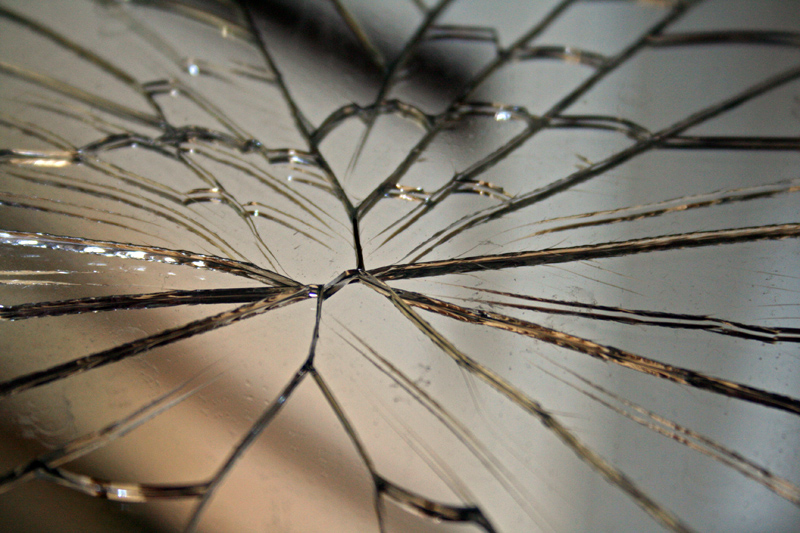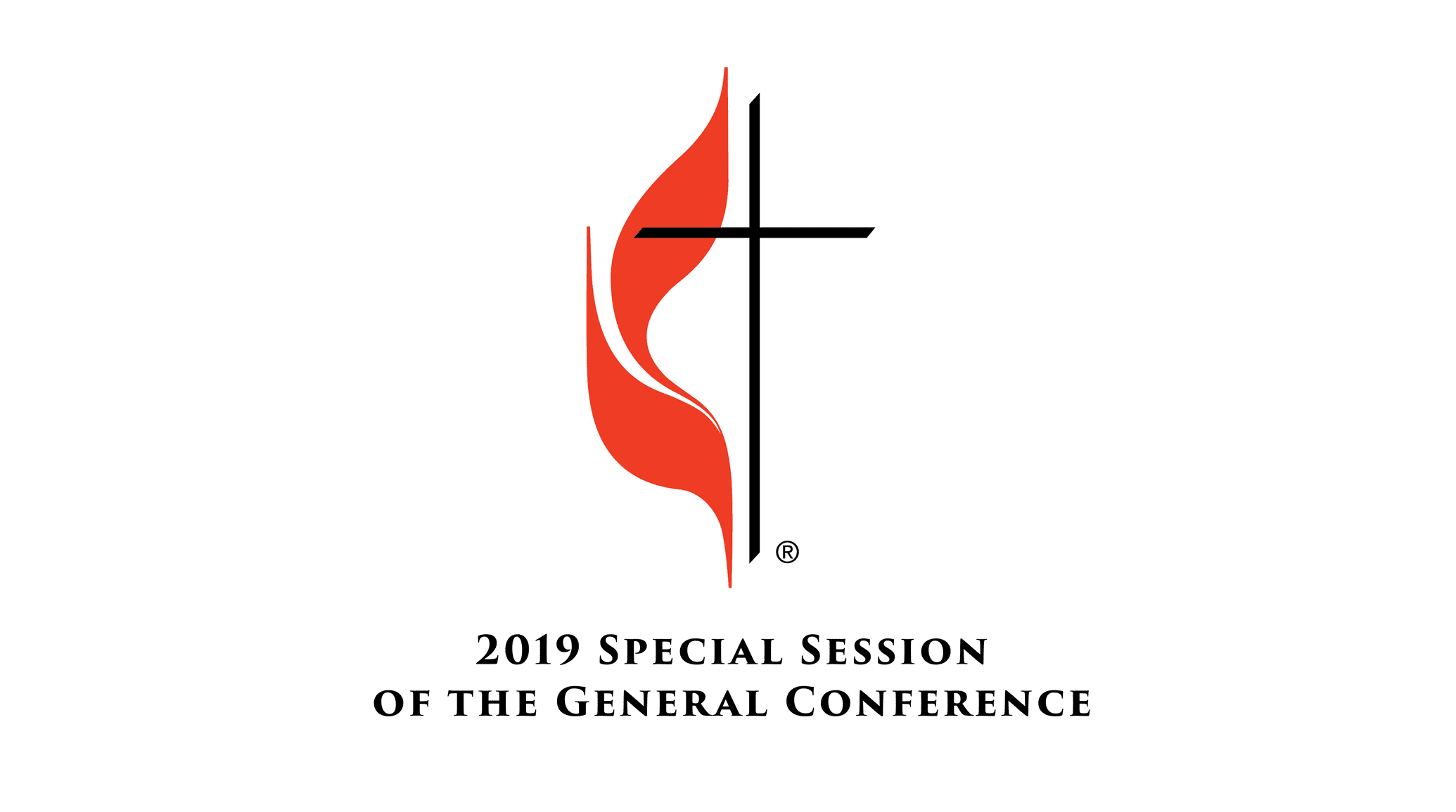Many times when discussing the path of doubt with those that have yet to experience or embrace it they come to the conclusion that it is easy, simple, or even that it was an escape from having to live with and face a life of faith. The burdens of doubt, however, cannot and should not be minimized.
Fear
Fear is the most immediate result of doubt. Even mentioning the word “doubt” can send the believer into a panic gripping his or her rational mind and wreaking havoc on their emotions and mental stability. This is because the believer who approaches doubt does so with great risks assuming that all that they believe to be true is indeed true.
Challenging god and the spiritual authority of pastors or parents is scary and is often one of the first hurdles the neophyte doubter will encounter. It’s one thing to think “what if I’m wrong?” but it’s wholly another to think “What if God or my pastor is wrong?” and then to accept the very clear risks often associated with thoughts like this.
The doubter has to fear both the rejection and punishment of god as well as the rejection and punishment of family and friends. Considering the fact that most religions contain some sort of punishment for the apostate that is far beyond that for the individual that might simply reject a particular religion that has never joined it further solidifies the strength of this fear. Religion, or at least the most popular religions and the way they are interpreted in their most agreed upon consensuses, seems to have been designed to discourage doubt, discovery, and questions almost inherently.
Guilt
The twin brother of fear is guilt.
I recall feeling like the most wicked man on earth just because I was unsure about whether or not the Bible was the literal Word of God. Guilt ravaged me throughout the process of exploring my doubts and often kept me up at night, feeling as if I had committed the most heinous crime against a most loving god. I often felt as if I was killing god and that his heart was breaking because of the questions I found myself asking.
Guilt, like fear, is inherent to nearly every religion on earth. Religious evangelism without some form of guilt is akin to a sales pitch where the salesman never identifies your need for a product before trying to convince you that you need it. Can you imagine buying a vacuum cleaner from some salesman that didn’t try to convince you that your current vacuum was failing to do it’s job?
Guilt is the problem that a savior salesman needs to convince you to have repaired and because it is a part of the faith process from the beginning it will be a part of the faith process until it’s very end. It is a heavy and persistent burden.
Honesty
Perhaps the most difficult and elusive of our great burdens is honesty, or in other words a “dedication to the truth”. It’s challenge is so because we aren’t accustomed to it as we enter into this new world of questions and skepticism but are instead acclimated to trusting in a singular source of all things true. This once unshakeable idea must fall in order to make way for honesty.
Honesty requires that we examine, critique, dispose of, reexamine, and critique again every piece of knowledge that we’ve ever held to as well as everything new that we ascertain – it takes care to ensure that we rightly divide truth from fable, and most importantly truth from our own desires.
This burden is often the greatest and most difficult because it will frequently clash with our own personal comfort and desire. Adhering to the god of your youth and the doctrines surrounding him will always be more comfortable and easy than questioning and challenging him. This discomfort is the very reason why honesty must be a conscious effort as we battle against our own confirmation bias and cognitive dissonance.
After much practice honesty becomes ones’ lifestyle and these critiques of our understandings and biases become second nature. Soon after defeating the biases you hold in regards to your deity you may find yourself defeating your political biases and recognizing the dissonance that exists as you absorb information from the media. Once you’ve begun to recognize that you have believed something for any period of time simply because you wanted to all of the things in which this is the case become open to dissection and rediscovery.
Dissection and rediscovery are the whole point of this process.
Conclusion
With doubt comes great responsibility and burdens that far outnumber the ones I’ve listed here – what we must maintain, however, is that these difficulties and trials are worth it if we find ourselves with any devotion to discovering what is true. Whether we maintain our previously held beliefs or lose them all with great despair, what matters is that we’ve been honest with ourselves about our conclusions and explored the most likely possibility that there is: that somewhere, about something, we are wrong – and that we should not rest until this is corrected.


